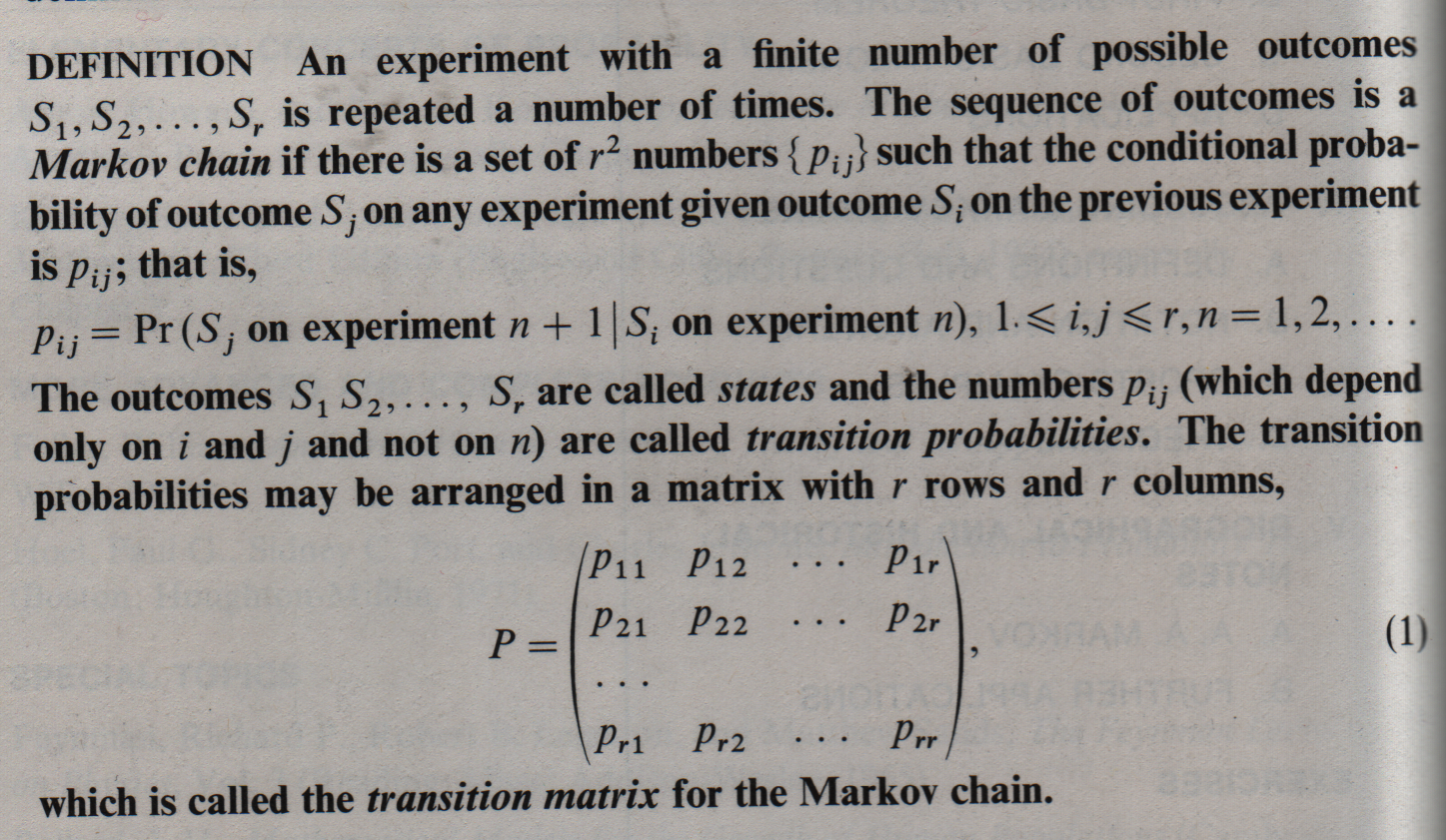- Togo: greatest gain in happiness? (When you're at the bottom, it's not so hard....)
- The other third of take home exams are returned.
- Back to crossing your eyes to visualize data,
here's a stereopticon slide,
which is ancient technology, but provides some of the most
magnificent visions of "the good old days...", before Siri and
the InterTubes and computers, and all that.
Just for fun I made a few relevant to our kill-rate modeling.
- I have given you an assignment, for Monday:
Review your own city's rainfall report (and collaboration), and compare and contrast the two reports for your two previous cities. Three pages, typed. Due Monday, 3/26.
The rainfall reports are available from the mini-project 3 page.
- Your in-class midterm revisions are due today.
- Next week, Friday, you have a "work day": I'm off to
Morehead State University, so I'm going to hope that you will
use that to get together with your partners/groups to work on
the first part of the final project, which I will assign then.
I'll be talking to a few experts on the faculty, to see if I can get some to come and work with individual groups -- so I hope that you'll attend. More as I try to round up the usual suspects...:)
Just a head's-up.
Olinick: The fundamental principle underlying Markov processes is the independence of the future from the past if the present is known. If the outcome of tomorrow's experiment depends only on today's state (on the previous state), and not on any other days, then it's a Markov process.
Markov processes have only short-term memories. They're forgetful of the past. They only look at what's right in front of their noses.
That's how you can tell that you're dealing with a Markov process!
A Markov chain models a Markov process.
- Introductory Example: Flakes No More and Head, Neck,
and Shoulders
Mike has a very good sense of humor, so the first example I'll give is his, about two shampoos, and their respective market-share.
- The State Diagram
- The Transition Matrix (a "stochastic matrix")
- Simulations: a tree, for calculating probabilities
- Matrix version of the simulations
- At this point in this example, we should have a pretty good
introduction to this definition:

- Convergence to a fixed point vector.
- We can use InsightMaker to generate iterations of Markov chains.
- The State Diagram
- An interesting example of English birthweights (using Mathematica or
InsightMaker
or
in R)
- An
SIR model in R, which I've implemented in my "Rweb" format
(since I wasn't sure that RStudio would have all the necessary
libraries, although we can check that).
Try to implement that pair of SIR models, and reproduce those results, in InsightMaker.